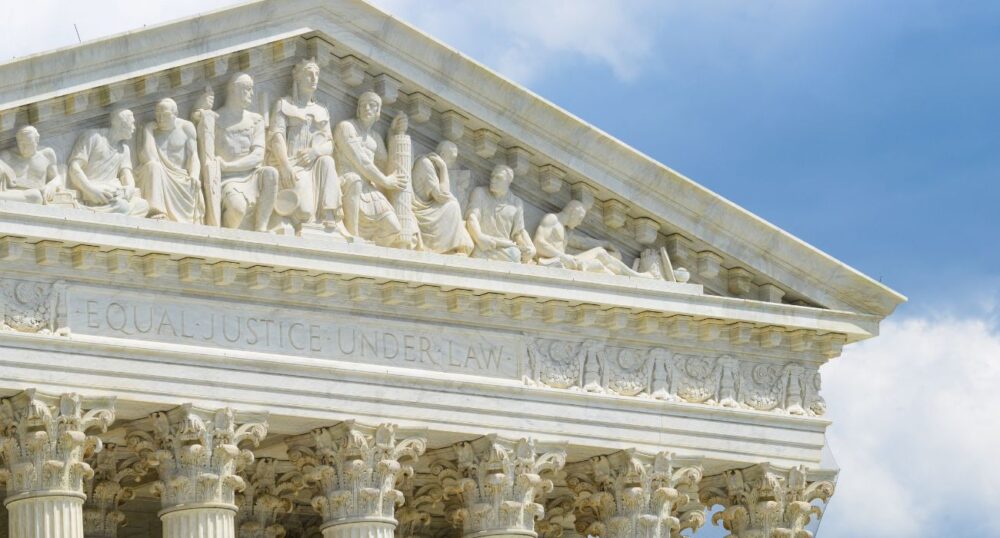In a disagreement with Republican-led states on the extent to which the federal government may intervene to demand the removal of social media posts containing “disinformation” about matters such as election security and COVID-19, the Supreme Court sided with the Biden administration’s power to censor on Wednesday.
Here’s how the New York Post explained it:
The Supreme Court on Wednesday rejected a challenge against the Biden administration accusing it of improperly colluding with Big Tech companies to censor social media posts deemed “misinformation” about the COVID-19 pandemic and other topics.
In a 6-3 decision, the justices held that the plaintiffs, led by the attorneys general of Louisiana and Missouri, lacked standing to bring the case. Justice Samuel Alito dissented, warning in a blistering opinion that America “may come to regret” the majority ruling, and was joined by Clarence Thomas and Neil Gorsuch. […]
The plaintiffs had sought an injunction to restrict the administration’s ability to “coerce” social media companies like Facebook and X to take down certain posts, arguing the Biden administration used its vast regulatory authority to trample on the First Amendment when it requested the removal of material about COVID-19 vaccines and other topics.
Add to that some of what Allison Quinn reported about the ruling for The Daily Beast:
Officials in Missouri and Louisiana, along with five social media users, sued in 2022, accusing the federal government of operating a “censorship enterprise” and “coercing” social media companies to nix content not favored by the White House.
But the justices ruled that they simply had no standing to sue.
“To establish standing, the plaintiffs must demonstrate a substantial risk that, in the near future, they will suffer an injury that is traceable to a government defendant and redressable by the injunction they seek,” Justice Amy Coney Barrett wrote. “Because no plaintiff has carried that burden, none has standing to seek a preliminary injunction.”
The 6-3 majority included Barrett, Chief Justice John Roberts, Justices Sonia Sotomayor, Elena Kagan, Brett Kavanaugh, and Ketanji Brown Jackson, while Justices Samuel Alito, Clarence Thomas, and Neil Gorsuch wrote a dissenting opinion.
Alito called the majority opinion “regrettable,” arguing that the court is permitting “the successful campaign of coercion in this case to stand as an attractive model for future officials who want to control what the people say, hear and think.”
Finish it off with what you’ve read plenty of here in The Dallas Express:
As previously reported by The Dallas Express, the federal government has been accused of engaging in overreach when it comes to interfering in social media and even invading the privacy of U.S. citizens. More recently, the FBI and the U.S. Department of Homeland Security reportedly met with a number of social media companies to figure out how to identify and suppress content determined to be a form of “extremism.”


